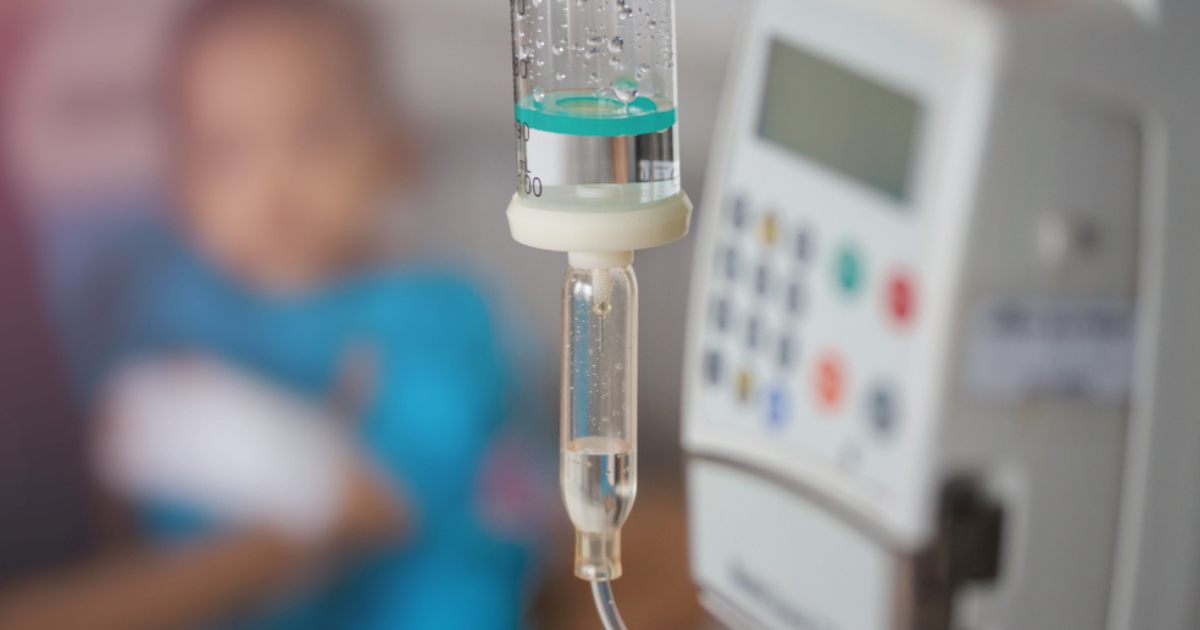How to Select the Right Plastics for Medical Device Parts Manufacturing

The healthcare industry depends heavily on plastics. From large imaging systems to tiny vascular prosthetics, patients rely on plastic components for their health and safety. Estimated at $31 billion in 2022, the global medical plastics market is projected to reach $50.5 billion by 2030.
Hospital medical devices must withstand hectic and often intense hospital environments. Since the COVID-19 pandemic, hospital cleaning procedures have become more rigorous. Devices are subjected to harsh cleaning solutions multiple times each day to reduce the risk of health-related infections (HRI).
Damage to plastic components may result in malfunction or failure, potentially impacting patient care and safety. Replacement parts made from high-quality plastics resist chemical and impact damage, reducing the risk of device failure and extending equipment lifespans. And quality plastics also require fewer repairs, lowering the total cost of ownership (TCO).
Learn about environmental stress cracking (ESC), the main types and properties of plastic resins used for medical equipment, and how to discuss plastic materials with your potential 3rd-party medical device parts manufacturer.
What is environmental stress cracking?
ESC occurs when stressors such as rough handling, collisions and falls, and harsh cleaning products cause cracks in external or internal medical device parts. Cleaning products are particularly harmful because they weaken plastic components. Chemicals can result in micro-cracks that grow; they also make device parts more susceptible to impact damage.
How does resin quality affect medical device durability?
Plastic quality directly influences the longevity and reliability of medical device parts. When plastics undergo repetitive stress from excessive use or frequent rough handling, it can slowly weaken the molecular bonds in that area until a less forceful impact can easily cause small or large cracks.
Chemicals in cleaners and sanitizers are designed to destroy viruses and bacteria. They can also destroy the molecular bonds that hold plastics together. Over time, the chemicals break down the plastic until it can no longer hold itself together, so it’s more susceptible to damage.
Resin blends improve performance
Higher-quality plastics are made using resins that are a blend of durable components. They also contain additives with beneficial properties, such as flame retardants. Lower-quality plastics may use a weaker blend with fewer, less effective additives.
High-quality resin blends form robust bonds that strengthen the plastic’s molecular chain. That means impact force or chemicals have to break down multiple types of strong bonds before damage occurs, significantly reducing the chance of ESC. Lower-quality resins are usually cheaper than blends, but without high durability, they could compromise the device's overall reliability.
What are the primary resins used for medical device parts?
The resin selected for a specific medical device part depends on various factors. These include regulatory standards, operational requirements, working environment, and sanitization requirements and methods.
For example, devices such as infusion pumps operate in a variety of healthcare environments. About 90% of patients in hospitals require an IV pump, so devices weather significant mechanical stress and frequent, rigorous sanitization protocols. Plastics used in infusion pumps require qualities such as impact resistance, chemical resistance, and resistance to stress cracking.
Polycarbonate
Used in the medical industry since the 1960s, polycarbonate (PC) is a thermoplastic polymer known for its toughness and heat resistance. However, PC is highly susceptible to the chemicals in cleaning products, and it’s not inherently flame retardant. Since chemical resistance is now paramount, the medical device industry increasingly relies on PC resin blends to bolster chemical resistance and other desirable qualities.
The common PC blends used in infusion pumps and other medical devices:
- PC/ABS copolymer: Combining PC with the blended polymer acrylonitrile butadiene styrene (ABS) provides additional impact protection, flame resistance, and some extra chemical resistance.
- PC/PBT: Combining polybutylene terephthalate (PBT) with polycarbonate (PC) enhances chemical resistance. It also increases dimensional stability, meaning it holds shape and size over time. Its high durability makes it a good fit for medical devices.
- PC/PET: Polyethylene terephthalate (PET) is highly resistant to microbial degradation, so it’s often used for internal medical devices. A PC/PET blend has high durability, impact resistance, and chemical resistance.
How do I know if replacement parts are made with durable plastics?
Resin quality goes beyond the type of resin blend. Plastics manufacturers offer a significant range of formulas within each resin type. Each of these has its own pros and cons.
Unless you know a lot about chemistry, you’ll need to rely on the vendor to inform you about the specific resins used in their products. Working with a trusted partner who communicates well allows decision-makers to request information, ask questions, and review the correct resin spec sheets before committing to a purchase.
Partnering with a US manufacturer can provide transparency while removing the difficulty of connecting across international time zones and translation issues. Domestic replacement parts manufacturers usually have detailed information about their resins and other materials, with end-to-end control over their supply chain.
Questions to discuss with potential 3rd-party partners:
- Which type of plastic materials are used?
- Do you conduct tests for ESC, strength, and chemical resistance?
- Is there evidence or data demonstrating the durability and reliability of your products?
- Do you use a quality management system?
Ask potential partners to provide detailed specifications regarding the resin used in their products. They should also provide documentation for validation testing and quality control.
Quality materials support patient safety, healthcare delivery, and device ROI. Working with a reputable manufacturer known for their commitment to excellence ensures replacement parts will withstand the rigors of medical environments.
Elite Biomedical Solutions manufactures top-quality replacement parts that can extend the lifespan of infusion pumps and telemetry systems. Contact us to learn more about partnering with Elite for outstanding replacement parts and repair support.

